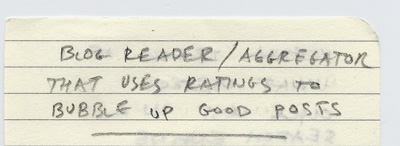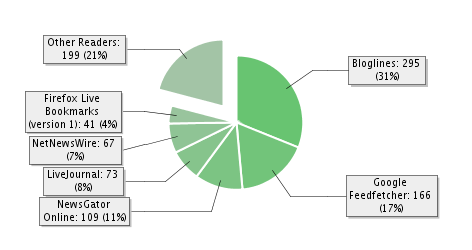Two things happened recently: Facebook’s IPO fizzled and there was a slew of articles and blog posts about how Facebook ads are ineffective. The majority of the articles follow the same song and dance: we spent $250, got some likes from random people and nothing changed. The one standout it GM dropping Facebook ads. GM’s budget was 10 million dollars, and the way I understand it, this is their equivalent of $250 for a small business.
While I personally dislike Facebook tremendously and want it to fail, I think that the FB ad-bashing articles are off base. Facebook ads are a great deal. I am not an advertising professional, but I drank with a lot of them and I think picked up a reasonable amount of knowledge about the industry. I also stayed at … hmm, can’t remember the name of the hotel, but this is a reference to the TV ads where people say “well, I’m not a [professional that has to be very smart and skilled] but I stayed at [name of the hotel]”.
There are many, many bad deals in advertising. There are big-name websites that have “respectability” plus a huge saleseforce. These guys can charge $15, $20, $30, sometimes even $50 per 1000 banner impressions. cost for 1000 impressions is called CPM: cost per M where M is the Roman numeral 100. At the higher price you get gigantic custom ads known by a variety of names: browser crashers, godzillas, superskyscrapers, page fuckers, etc. There are also “sponsorships” where dumb companies buy little badges on new sites with next to no traffic.
How do these things get sold? Well, the agency people who control how the ad budget is spent are often young and get a lot of free drinks. Also, ad sales people are very good at what they do.
Then there are cut rate ad networks that have 5-20 cents CPM. The traffic for these comes from all kind of low quality sites: lyrics websites, guitar tab sites, all kinds of web farms, dating sites, porn and near-porn sites and the like. Big sites sometimes buy traffic from these sources when they don’t have enough “inventory”, but they’ve already sold a lot of high CPM ads. These are a pretty bad deal, and I suspect much of the traffic is simulated by bots. It is cheap and there’s a lot of it though. Targeting options are pretty weak with the exception of plentyoffish.com: POF allows for very detailed targeting. If you want to target only Canadian redheads between the ages of 18-22 – you can.
Google ads are a better deal: you are targeting people that are searching for something. Google has pretty sophisticated algorithms for detecting fraud, but I suspect click fraud is still rampant. Google’s predominant model is charging per click instead of per 1K impressions, and you have to compete with other people for hot search keywords. For instance, ambulance chasers pay ridiculous money for “mesothelioma” keyword. Mesothelioma is a type of cancer caused by asbestos, and layers apparently can make crazy money suing on behalf of people who have it. A click on an ad can fetch as much as $10 or more. There are many other expensive keywords where even a single click is worth paying actual humans to click on them from time to time. There are also pity clicks and punitive clicks: sometimes people click ads to support sites that they like and to punish ones advertisers they don’t like.
Facebook ads by my estimation cost about 1/10th of Google’s, almost in the low quality network territory. The targeting is amazing though: Facebook knows a lot about what people are interested in and lets you have a sniper-like precision of putting your ad in front of them. Do you want New Yorkers who are into planted aquariums, fishing and knife sharpening? If there are 10 people like that you can reach them on Facebook for a few bucks. Unlike Google users who are searching for something, Facebookers are there for ogling hot people and playing Farmville. They tend to ignore the ads, but you can get an even better deal by buying CPC ads. Massive click fraud is difficult on Facebook, most of these clicks are real.
There are many things about advertising in general that are mysterious: starting with the “if I almost never click on ads then who does” to “do tv and magazine ads actually make me buy anything”. Are funny ads where you remember the joke but not what was advertised worth the money? Are people swayed by car commercials? How about those Coca Cola billboards? How about those ads in New York taxi cabs and ads that annoy in general – are they effective? QR codes ( http://wtfqrcodes.com/ ) – are they the advertising equivalent of “free public wifi” zombies? I have a hunch, but I don’t really know.
What I do know is that compared to other options FB advertising is a pretty good deal at current pricing.




